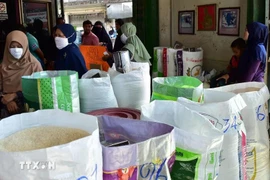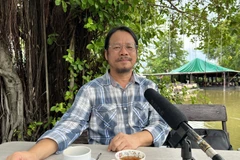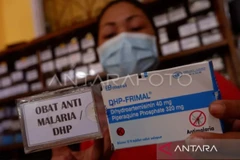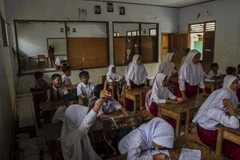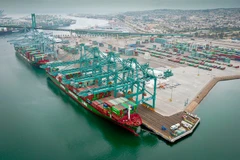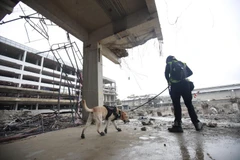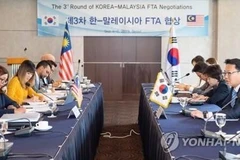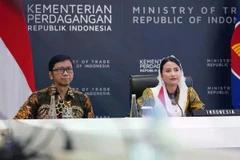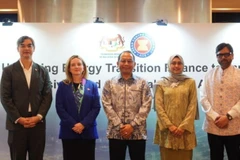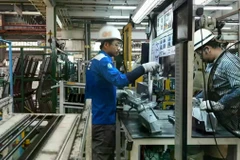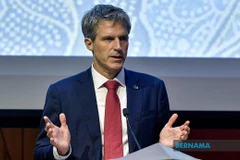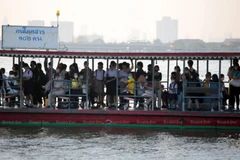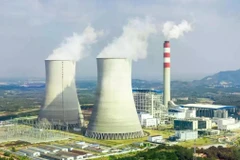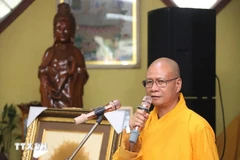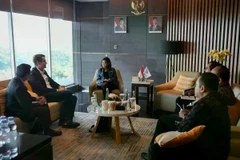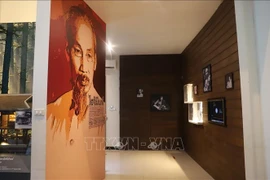Bangkok (VNA) - Thailand's Industry Ministry is planning to scrap certification for steel produced using outdated induction furnace (IF) technology, citing persistent difficulties in quality control and significant environmental concerns.
Industry Minister Akanat Promphan announced that the ministry will review the certification standards for steel manufactured via the IF process, a method known for its limitations in removing impurities from molten steel. Furthermore, IF furnaces are open-system, contributing to higher levels of dust and toxic gas emissions compared to more modern methods.
While theoretically capable of producing quality steel, the minister emphasised that achieving consistent quality in practice is a significant challenge, requiring rigorous attention to high-grade raw materials and meticulous quality control processes by manufacturers.
Thailand has recognised steel reinforcing bars produced by IF under the Thai Industrial Standard (TIS) since 2016, with producer SKY receiving certification in 2018.
However, the ministry has since suspended production and sales, and impounded steel from numerous companies – including SKY – found to be producing substandard material, all of which utilised IF technology.
In contrast, electric arc furnace (EAF) technology, which uses electricity to melt steel, offers superior impurity removal, operates as a closed system with reduced dust and gas emissions, and provides more reliable and consistent quality control.
Discussions with the Iron and Steel Industry Association and the Federation of Thai Industries have revealed that Thailand's existing EAF steel production capacity of 4.3 million tonnes comfortably exceeds the national demand for steel bars, which stands at 2.8 million tonnes. This surplus supports the consensus that IF steel production should be phased out.
Under the Industrial Product Standards Act (TIS Act), the Thai Industrial Standards Committee can, in cases of urgent necessity to prevent harm to the public or the economy, consider and resolve to revoke standards.
The Minister of Industry can then issue a ministerial announcement to amend or abolish the certification for IF steel, in accordance with the legal framework./.

